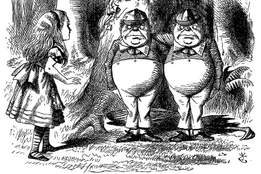Expand your vocabulary and dive deeper into language with Merriam-Webster Unabridged.
- Expanded definitions
- Detailed etymologies
- Advanced search tools
- All ad-free
Discover what makes Merriam-Webster Unabridged the essential choice for true word lovers.
Start Your Free Trial Now







Share